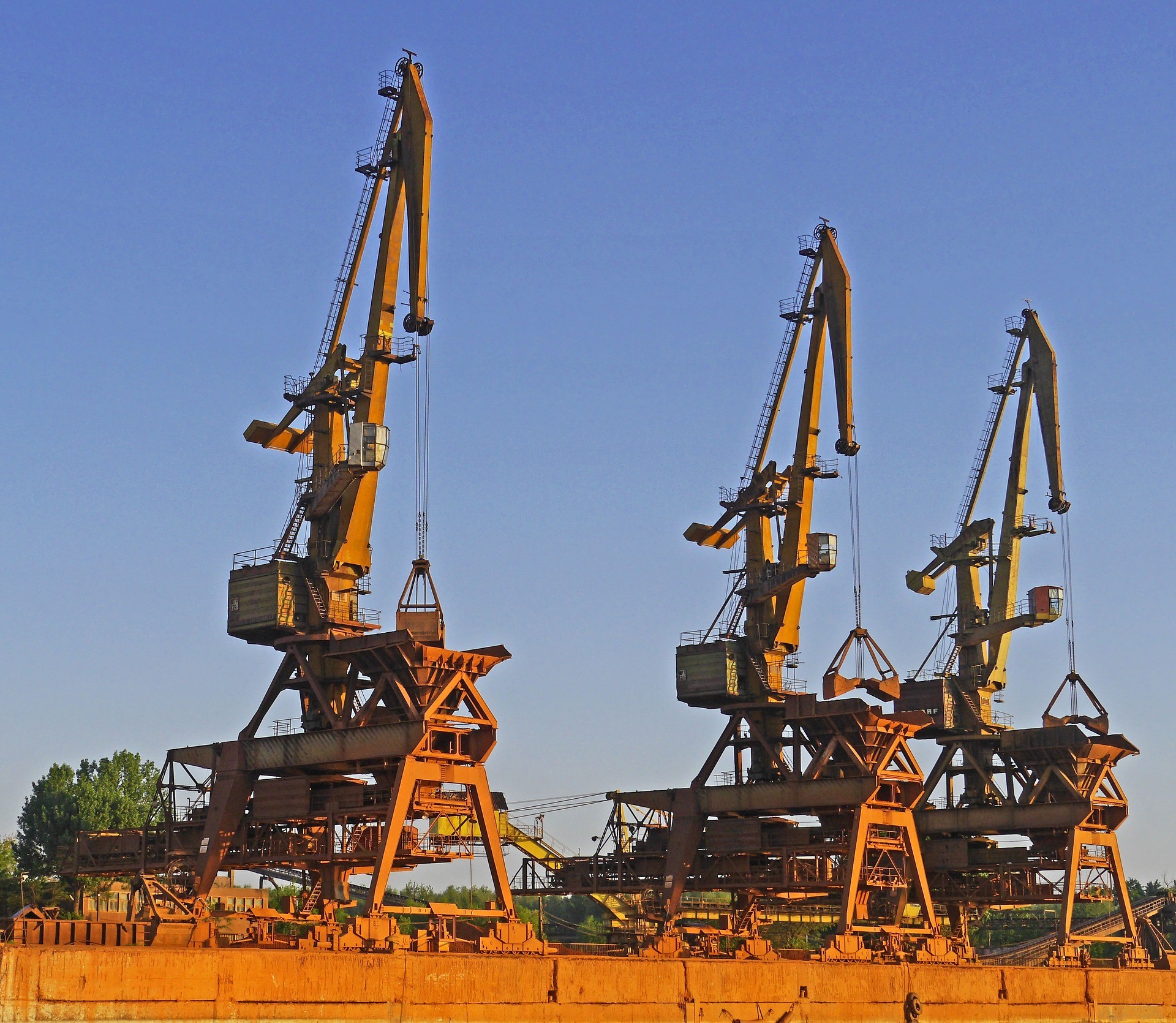Bike frames, ladders, nails, golf clubs, sinks, faucets, window frames, pots, pans, gates, cars, refrigerators, electric power lines, food cans, medicine packaging, aeroplanes...
How did all of these things make it into the same list you ask? The answer is aluminium. Everything on that list and many more consumer and industrial products are at least partly made from aluminium. But where does all that aluminium come from?
Bauxite is a sedimentary rock with a relatively high aluminium content and it is the world's main source of aluminium. It's usually found near close to the surface of the terrain so a surface mining technique is used to extract it.
Guinea, one of the world's poorest countries, has become one of the biggest exporters of bauxite over the past three years. Currently, the country has the world's largest bauxite reserves, almost one-fourth of all known reserves in the world. According to Human Rights Watch (HRW), Guinea is on its way to becoming the largest bauxite exporter in the world.

At first, superficial, glance the bauxite boom looks hopeful for the country. It promises tax revenue for the government, job opportunities for people of Guinea and profit for mining companies.
However, as HRW unearthed, Guniea's bauxite boom has dire human rights repercussions for people who live near the mining areas.
According to HRW, land right protection laws in Guniea are quite ambiguous. Rural land is usually organised by customary laws, according to which a family or a communities rights over a piece of land depends on their time-based connection to the area. In order to claim rights over a piece of land said family or community has to formally register their land ownership and very few people have done this.
Big mining companies wanting to hop on the bauxite train — trains too, have aluminium parts — exploit the ambiguousness of Guinea's land laws. They take land away from local farmers without fair compensation. The payments that farmers and communities get for the land are not adequate compared to the benefits they would get from the land itself.
Plus, one-off payments come and go but owning a piece of land is a sustainable mean of production that families and communities depend on for their livelihoods.

Another repercussion of the bauxite boom in Guinea is the increasing health risks related to the damage the industry causes to water resources and air quality.
Residents of mining areas stated to HRW officials that the exponential levels of mining have reduced both the quality and quantity of rivers in the area which are the main water resources for locals. In several cases, villagers are forced to rely on water tankers supplied by mining companies for drinking water.
On top of water pollution, bauxite mining also causes air pollution. The type of surface level mining used to extract bauxite from land involves substantial clearing and removal of land. This process causes high levels of air pollution, mainly because of the amount of dust it displaces.
This fine red dust that's a telltale sign of bauxite mining causes visual pollution and can cause irritation to the eyes, nose and skin. The negative effects of fine particles of dust, like the red dust of bauxite, are well documented, they can lead to respiratory and cardiovascular diseases.
Despite the current negative consequences Guinea's bauxite boom has the potential to be a blessing for the people of the country. In order for the curse to turn into a blessing, however, there needs to be both policy change on Guinea's government's side and taking responsibility on mining companies' one.




